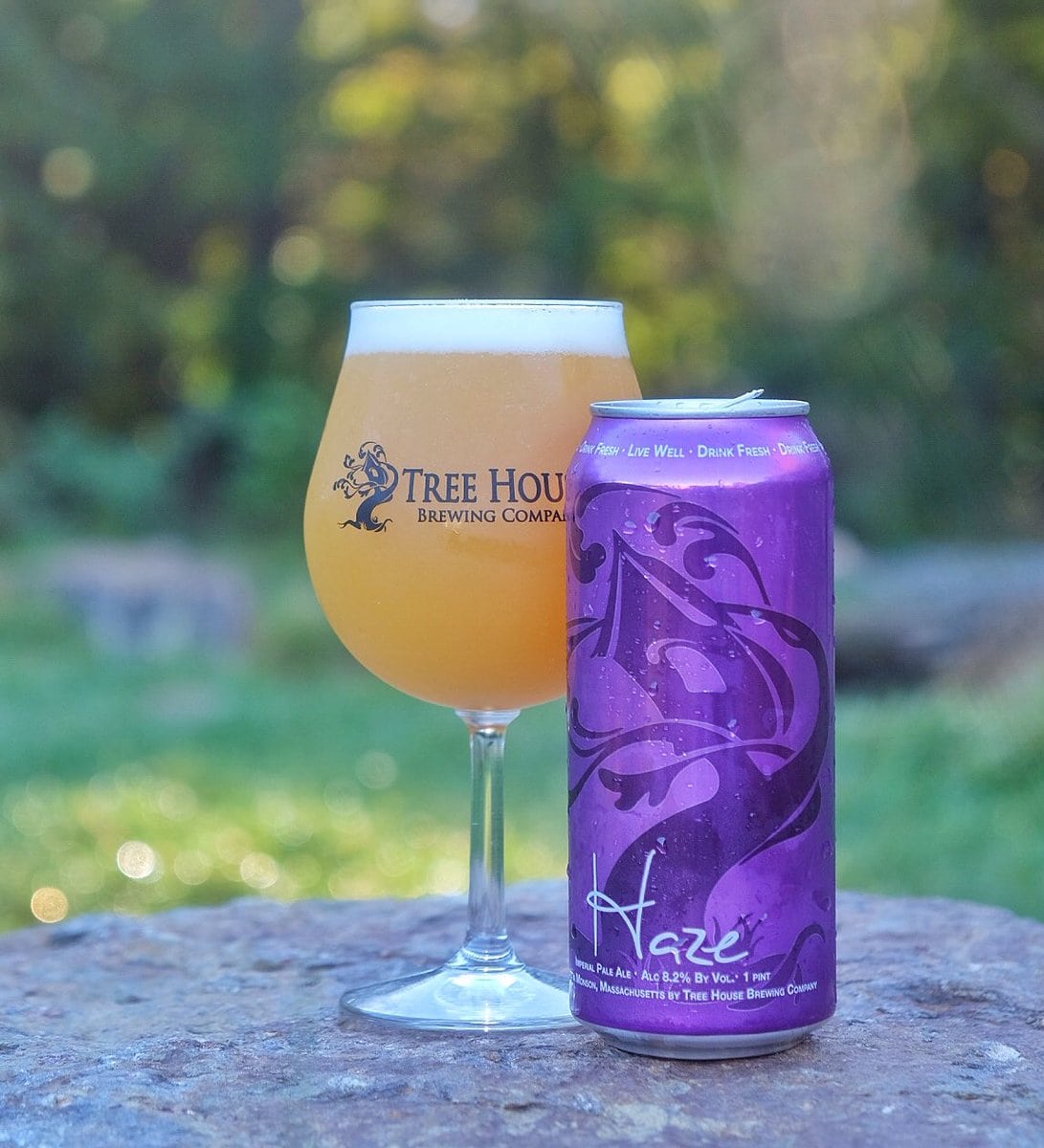 For a project I am working on at my school, I recently returned to The Happiness Advantage, Shawn Achor’s 2010 book based on his work at Harvard University. For over a decade, Achor analyzed students and graduates from the university and then extended his study across academia and business. What he discovered in his work turned conventional wisdom on its head.
For a project I am working on at my school, I recently returned to The Happiness Advantage, Shawn Achor’s 2010 book based on his work at Harvard University. For over a decade, Achor analyzed students and graduates from the university and then extended his study across academia and business. What he discovered in his work turned conventional wisdom on its head.
Having arrived at Harvard from Waco, Texas in the early 1990s, Achor was immediately struck by the lack of happiness he observed at the university. Within a year there, he asked himself the question, Why were these people who had worked so hard to get here and were now at the pinnacle of academic success at one of the nation’s top universities so unhappy? You see, Achor, like many of us, had grown up living with a belief in simple formula: work hard, become successful, be happy.
However, his experience at Harvard got him thinking quite differently and inspired further questions: What if it was the other way around? What if happiness was the key to success rather than a byproduct of it? And indeed, after years of research and analysis, he came to precisely that conclusion, as he notes in The Happiness Advantage. “It has become clear to me that happiness fuels success, not the other way around.”
Re-reading Achor’s book this past week, seven years after first reading it, naturally got me thinking about happiness and long-distance running and whether his conclusions have any relevance to us as runners, both individually and as a community. I know for me, personally, I am happy when I run (most of the time) and I tend to run best when I am most happy. Skimming over old photographs of races, for example, those races when I smile and laugh more and simply enjoy the act of being in the experience tend to be my most successful races. But even then, does happiness make me a successful runner or does being a successful runner (however I choose to measure that) make me happy? The answer is, I am not sure.
Thinking more broadly, I have observed that ultramarathons in general tend to be very happy places, especially finish lines! And many of the ultrarunners I know are happy people. That said, I also know that long-distance running has a ‘dark side’ as there are examples among us of athletes who have come to the sport as a place of healing from depression, addiction, relationship challenges, and more. And in these stories, I have found both hope and inspiration.
Going back to The Happiness Advantage, I have to admit I like Achor’s conclusion. Not to suggest that discipline and hard work are not important building blocks to success, but rather to consider the fact that there may be other, more ethereal routes to that same place. And, at least from where I sit, I like to believe that long days and nights running through the mountains may just be one of them.
Bottoms up!
AJW’s Beer of the Week
 This week’s Beer of the Week is a great selection from Charlton, Massachusetts’s Treehouse Brewing Company. Last week, I was lucky enough to get my hands on a fresh can of one of their double IPAs called Haze. In a cool purple can, Haze is a classic juice bomb with a unique peach flavor that cuts any booziness and provides a super-smooth finish. To be honest, I could not believe it’s 8.2% ABV. Treehouse is well worth the trip if you are in the Boston area.
This week’s Beer of the Week is a great selection from Charlton, Massachusetts’s Treehouse Brewing Company. Last week, I was lucky enough to get my hands on a fresh can of one of their double IPAs called Haze. In a cool purple can, Haze is a classic juice bomb with a unique peach flavor that cuts any booziness and provides a super-smooth finish. To be honest, I could not believe it’s 8.2% ABV. Treehouse is well worth the trip if you are in the Boston area.
Call for Comments (from Meghan)
- Okay, okay, what comes first, the chicken or the egg? Does happiness precede success or vice versa? Or does it depend on the subject and circumstance? Tell us what you think.
- Can you share a story about where and how you derive happiness in connection with your running?
